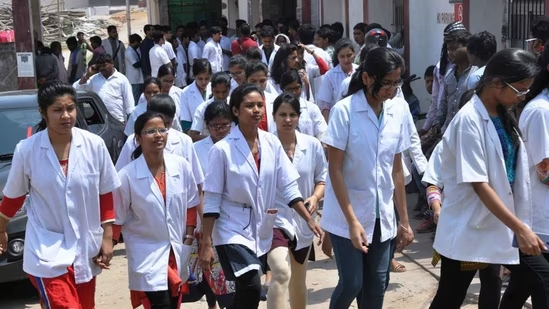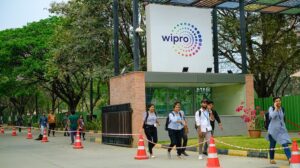NEET UG 2024 Supreme Court Hearing Live: Key Developments and Insights

The National Eligibility cum Entrance Test (NEET) UG 2024 has been a focal point of numerous debates and legal challenges. As the hearing in the Supreme Court progresses, students, educators, and policymakers are keenly observing the proceedings. Here is a comprehensive overview of the live updates from the Supreme Court hearing on NEET UG 2024.
Background
NEET UG is a highly competitive examination in India for admission to undergraduate medical courses. Given its significance, any changes or legal disputes concerning the exam attract widespread attention. This year, several issues have brought NEET UG 2024 under judicial scrutiny.
Key Issues at Stake
- Exam Pattern and Syllabus:
- Petitioners argue for a more streamlined syllabus that aligns with state board curricula.
- Concerns about the difficulty level and whether it disadvantages students from rural backgrounds.
- Reservation Policies:
- Debates over the implementation of reservation policies for economically weaker sections (EWS) and other backward classes (OBC).
- Discussions on whether current reservation policies ensure fair opportunities for all categories.
- Language Barriers:
- The need for NEET to be conducted in multiple regional languages to accommodate students from diverse linguistic backgrounds.
- Arguments for and against the feasibility and effectiveness of multilingual examinations.
- Exam Centers and Accessibility:
- The demand for more exam centers, especially in remote and rural areas.
- Ensuring that all students have reasonable access to exam centers without significant travel burdens.
Live Updates from the Supreme Court Hearing
- Opening Statements:
- The hearing commenced with the petitioners presenting their case. They highlighted the discrepancies in the syllabus and the undue stress it places on students from different educational backgrounds.
- Government’s Stance:
- Representatives from the Ministry of Education defended the current structure of NEET UG, emphasizing that it aims to maintain high standards for medical education.
- They argued that the existing reservation policies are crucial for social equity and inclusion.
- Judicial Observations:
- The bench, headed by Chief Justice, raised pertinent questions about the uniformity of the exam syllabus and the practicality of multilingual exams.
- Judges expressed concern over the accessibility of exam centers, particularly in underdeveloped regions.
Major Points of Discussion
- Syllabus Standardization:
- Petitioners suggested a common syllabus that integrates aspects of both central and state boards.
- The Court acknowledged the complexity of this issue, considering the varied educational standards across states.
- Reservation Policies:
- Detailed arguments were presented about the implementation of EWS and OBC reservations.
- The Court examined whether the current quotas sufficiently balance merit and social justice.
- Language Inclusivity:
- There was a significant discussion on conducting NEET UG in regional languages.
- Advocates highlighted that linguistic diversity is essential for ensuring equal opportunities for all students.
- Accessibility of Exam Centers:
- The petitioners argued for an increased number of exam centers to reduce travel burdens on students from rural areas.
- The Court seemed sympathetic to this concern, suggesting that the authorities consider practical solutions.
Implications of the Supreme Court’s Decision
- Potential Revisions to Syllabus:
- If the Court mandates changes, NEET UG 2024 could see a revised syllabus that is more inclusive of various state board curricula.
- This could potentially reduce the disparity in preparation levels among students from different educational backgrounds.
- Revised Reservation Policies:
- The outcome could lead to a reassessment of the reservation policies, ensuring a fair distribution of seats among all categories.
- This might involve a more nuanced approach to implementing reservations while maintaining meritocracy.
- Language Policy Changes:
- A ruling in favor of multilingual exams could make NEET UG more accessible to students from non-English speaking regions.
- However, it would require significant logistical planning to implement effectively.
- Improved Accessibility:
- The decision could compel authorities to establish more exam centers, especially in remote areas.
- This would alleviate travel-related stress and ensure that all candidates can attend the exam without undue hardship.
Conclusion
The Supreme Court hearing on NEET UG 2024 is a critical event that could bring significant changes to one of India’s most important entrance exams. As the hearing continues, students, educators, and policymakers eagerly await the final verdict. The outcome will likely shape the future of medical education in India, striving for a balance between maintaining high standards and ensuring inclusivity and accessibility for all aspirants.
Stay tuned for more updates as the hearing progresses, and keep an eye on the developments that could impact NEET UG 2024 and beyond.





